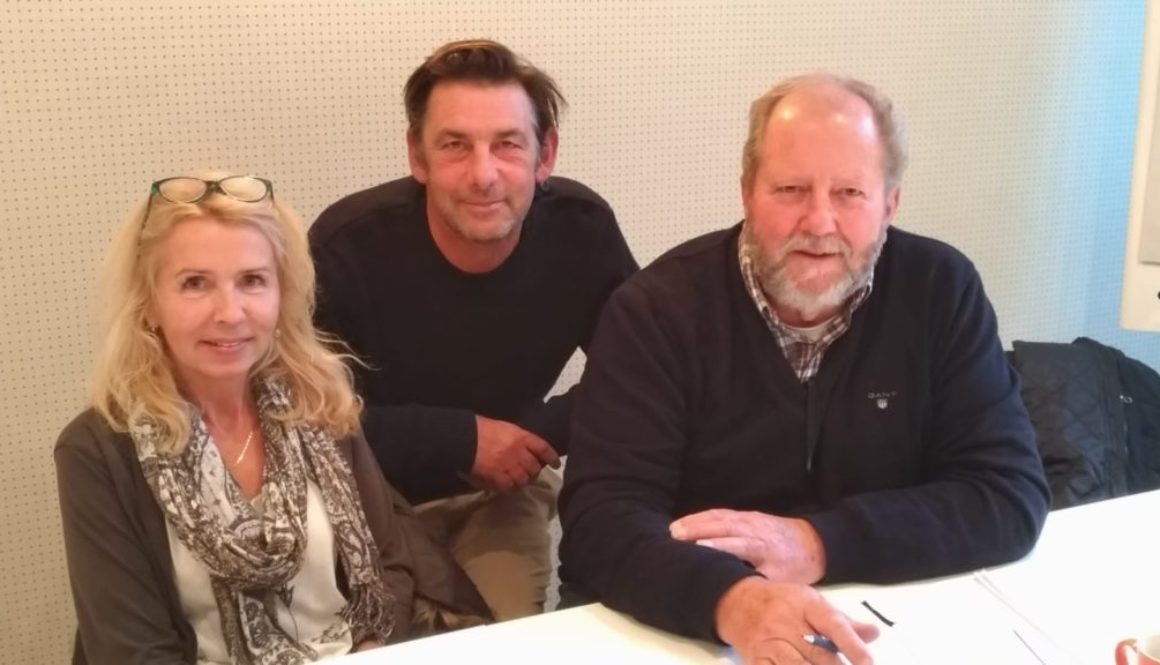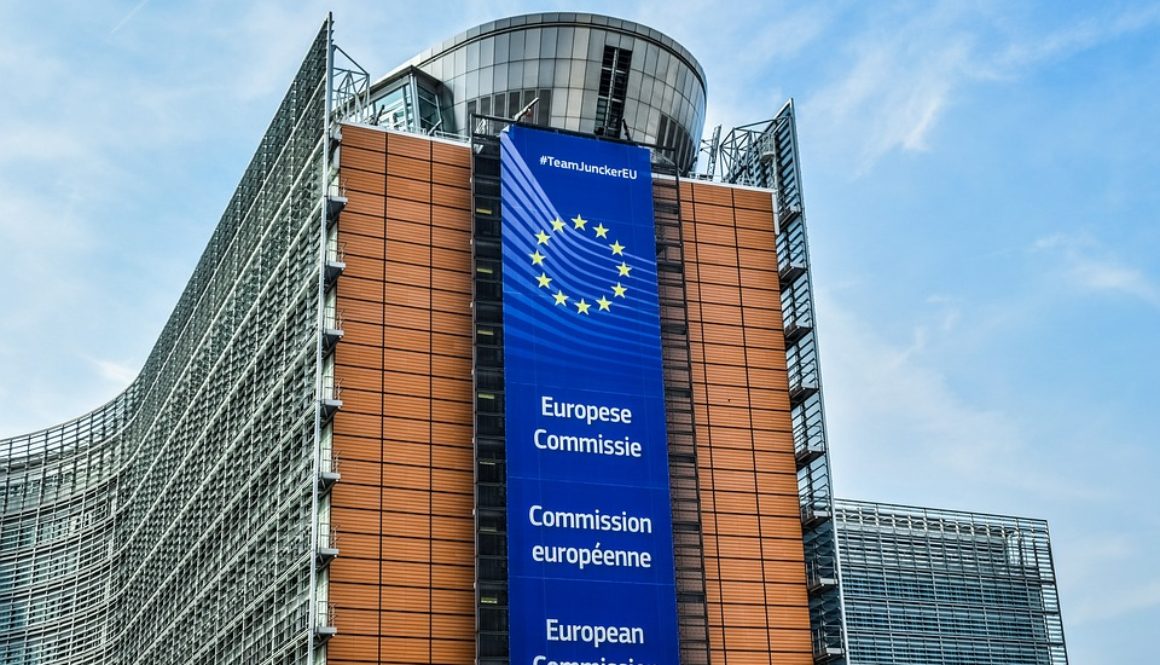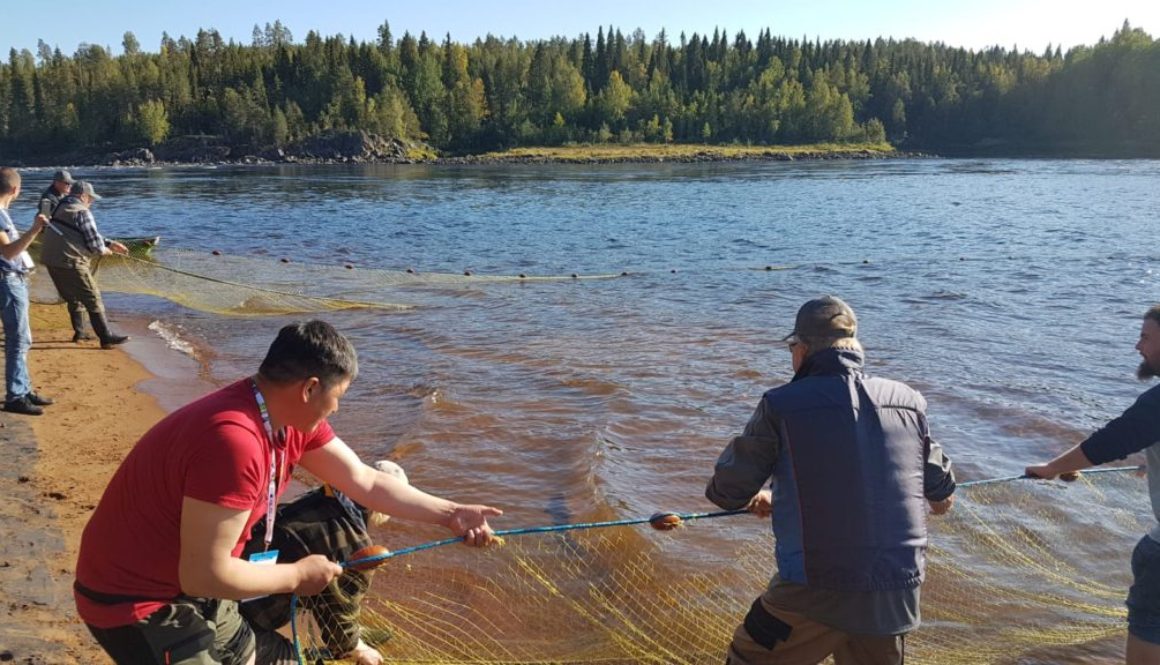Prijevare s ribom i ilegalni ribolov u Danskoj: pogreške, laži i krivotvorine.
Stručnjaci pozivaju danske vlasti da ponovno otvore slučajeve ilegalno registriranih ribarskih plovila
Kopenhagen, Danska – 5. srpnja 2024. – Izvješće Danske agencije za ribarstvo otkrila je značajne razine lošeg upravljanja i ilegalnih aktivnosti unutar danske ribarske industrije, što je potaknulo stručnjake da pozovu na hitnu reviziju i djelovanje.
Nakon opsežnog istraživanja TV 2, istaknute danske televizijske postaje poznate po istraživačkom novinarstvu, otkriveno je da brojni ribarski brodovi, posebno brodovi za lov dagnji u Limfjordu (sjeverna Danska), rade s ilegalno velikim motorima. Agencija za ribarstvo priznala je nekoliko administrativnih pogrešaka, uključujući retroaktivnu legalizaciju tih motora promjenom tumačenja postojećih propisa bez odgovarajućeg zakonskog ovlaštenja.
Ključni nalazi iz DFA rizvješće:
- Agencija za ribarstvo nezakonito je promijenila tumačenje pravila, dopuštajući rad prethodno ilegalnih motora.
- Danski parlament je bio obmanut u vezi s propisima o snazi motora, jer su mu dostavljene netočne informacije.
- Agencija je odustala od postupaka protiv tri ribara uhvaćena s prekomjernom snagom motora tijekom inspekcija.
- Sve inspekcije su obustavljene zbog pogrešnih sumnji u metode inspekcije.
- Utvrđeno je da najmanje 11 od 30 plovila za lov dagnji u Limfjordu ima motore koji prelaze zakonsku granicu od 130 kilovata.
Šire implikacije: Problem ilegalno velikih motora proteže se izvan Limfjorda, utječući na druga regulirana područja, posebno Područje 22 Baltičkog mora (područje mrijestilišta bakalara), Rødspættekassen (kutija iverka) u Sjevernom moru i ograničenje od 3 milje duž cijele danske obale. Ove regije imaju stroga ograničenja snage motora kako bi se zaštitio morski okoliš i osigurale održive ribolovne prakse koje su bile kršene.
Mišljenja stručnjaka: Pravni stručnjaci, uključujući profesora Frederika Waagea sa Sveučilišta Južne Danske, tvrde da Agencija mora ponovno otvoriti ove slučajeve, jer je prethodna retroaktivna legalizacija bila nezakonita. Profesor Rasmus Grønved Nielsen sa Sveučilišta u Kopenhagenu slaže se, naglašavajući potrebu za transparentnošću i pridržavanjem pravnih standarda.
Utjecaj na okoliš: Nekontrolirana upotreba prejakih motora ima dalekosežne implikacije za okoliš, potencijalno pogoršavajući zabrinjavajuću situaciju u Limfjordu, uključujući ozbiljno iscrpljivanje kisika. Stručnjaci sa Sveučilišta Aarhus i Sveučilišta u Kopenhagenu istaknuli su negativan utjecaj ribolova dagnji na morski ekosustav.
Ministarski odgovor: Ministar ribarstva Jacob Jensen priznao je administrativne propuste i obećao pojačati kontrolne mjere i prilagoditi regulatorni okvir. Međutim, detalji o konkretnim akcijama za rješavanje problema ilegalnih plovila ostaju nejasni.
Reakcija industrije: Danska ribarska udruga (DFPO) zalaže se za ukidanje zakona kojim se zabranjuje smanjenje snage motora i za novi sustav kontinuiranog praćenja snage motora kako bi se osigurala usklađenost s propisima, sugerirajući da bi to moglo spriječiti buduća kršenja.
Sljedeći koraci: Agencija za ribarstvo je pod pritiskom da brzo djeluje kako bi ispravila prošle pogreške i spriječila buduću štetu za okoliš. Ministar je također najavio istragu o ekološkim posljedicama neadekvatnih kontrolnih mjera.
∗ ∗ ∗
Kontakt: Za dodatne informacije, molimo kontaktirajte:
Claudia Orlandini
Viši službenik za komunikacije i informiranje
E-pošta: communications@lifeplatform.eu

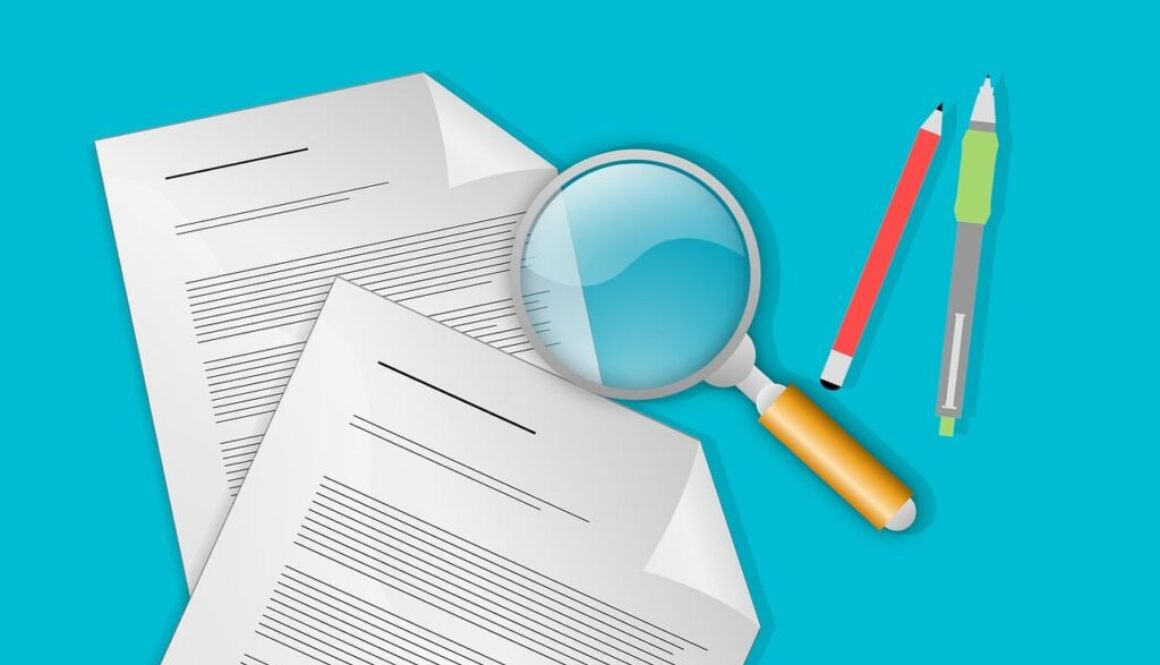

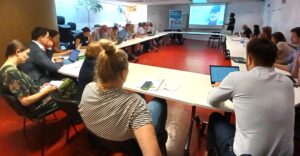

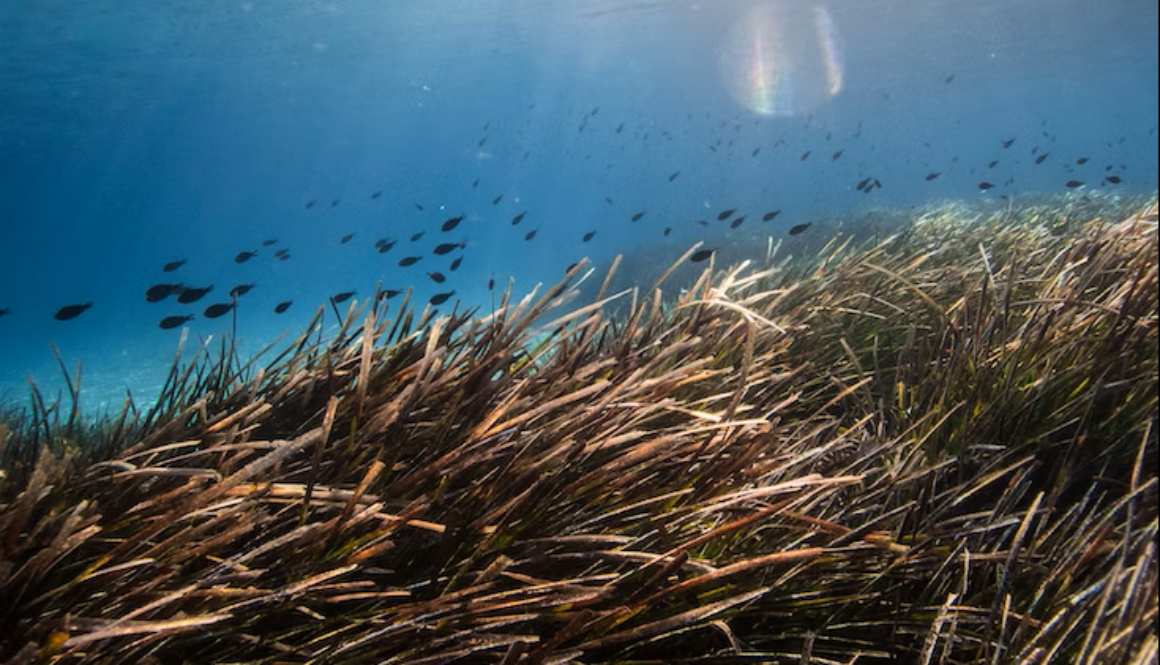
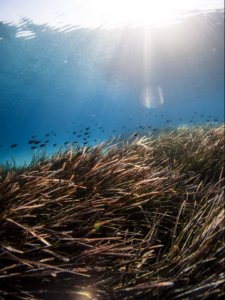
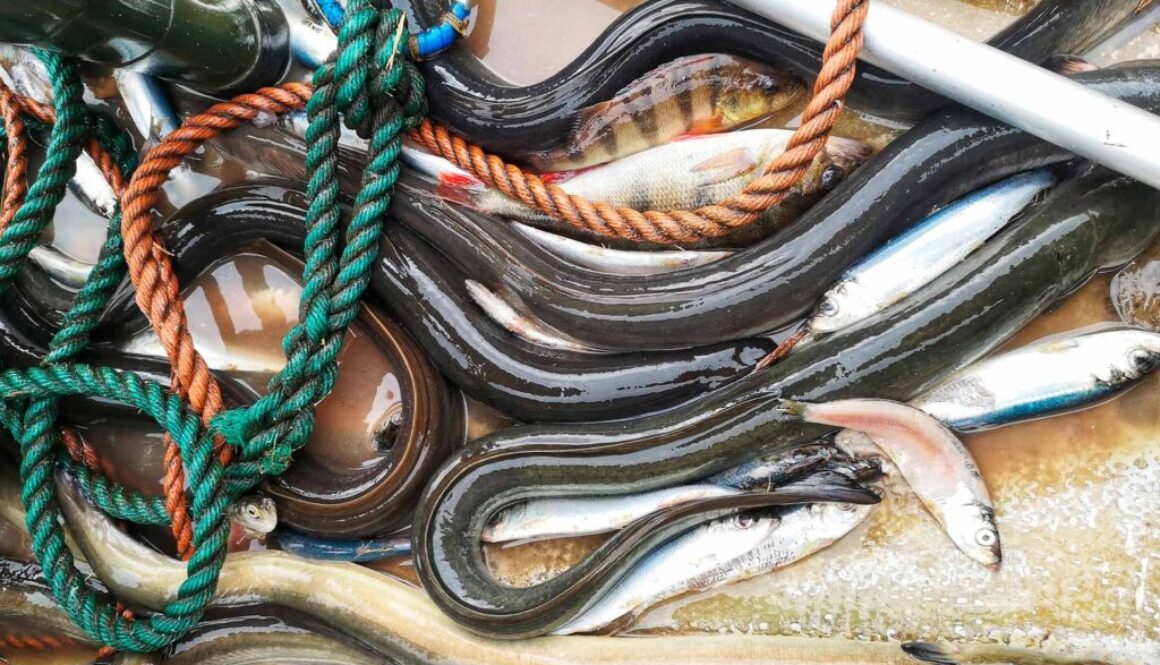
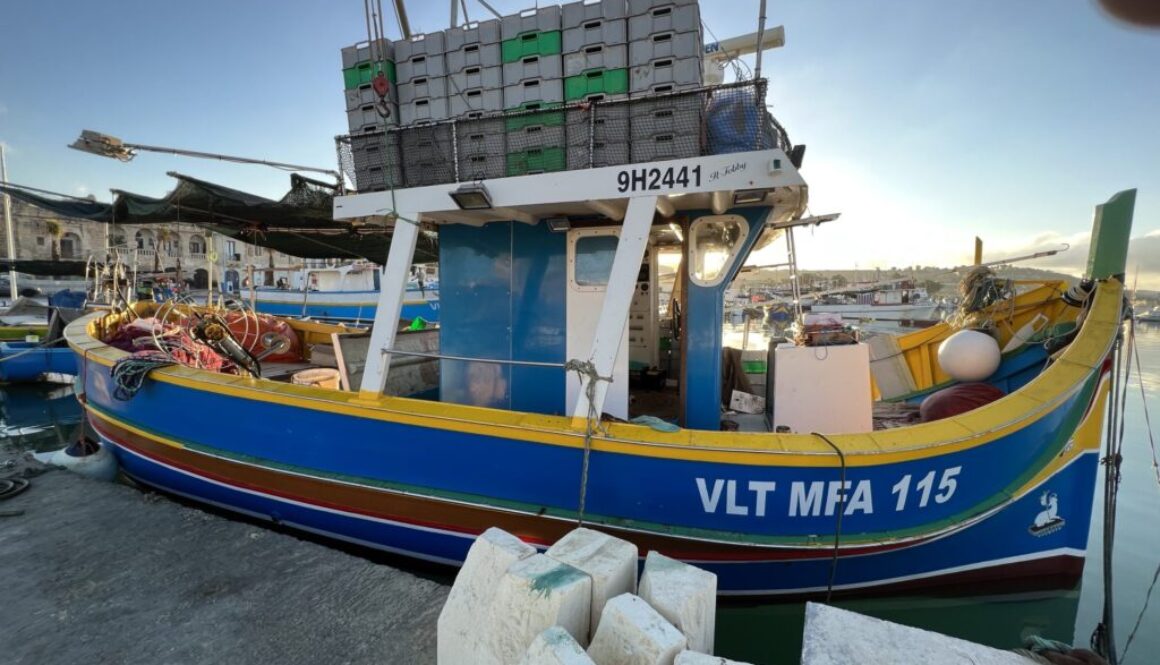
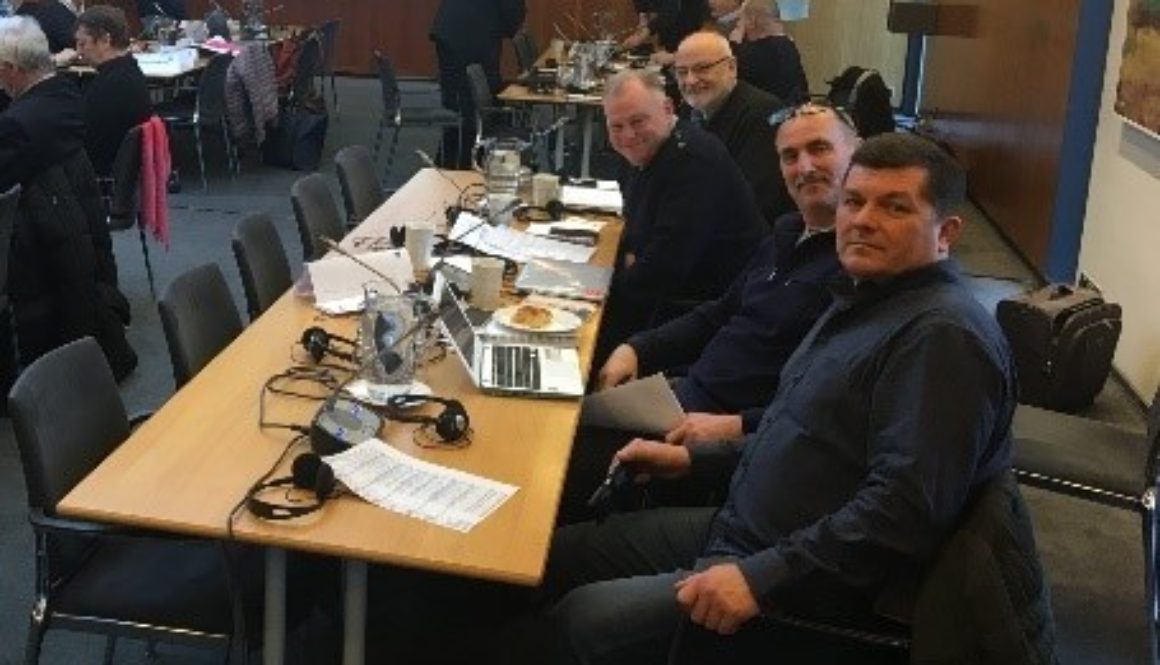
 Prosinac 2018. i siječanj 2019.
Prosinac 2018. i siječanj 2019.